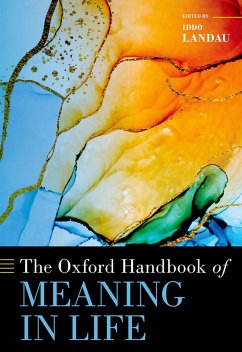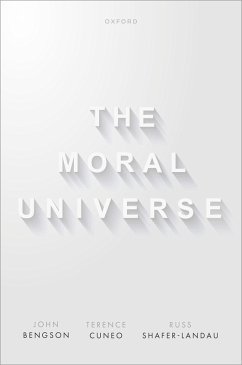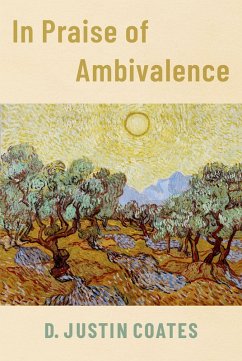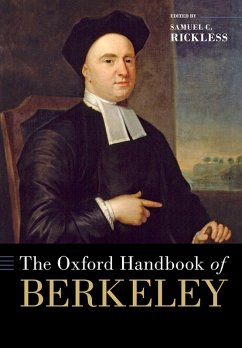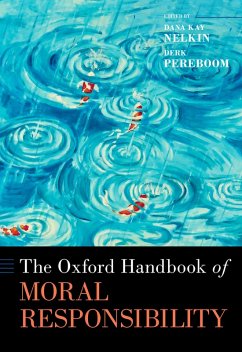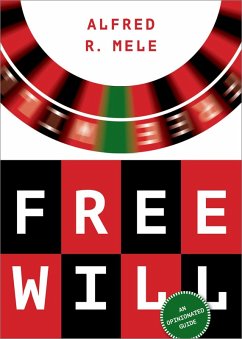
The Oxford Handbook of Moral Realism (eBook, ePUB)
Versandkostenfrei!
Sofort per Download lieferbar
75,95 €
inkl. MwSt.
Weitere Ausgaben:

PAYBACK Punkte
38 °P sammeln!
"Moral realism" is a family of theories of morality united by the idea that there are moral facts--facts about what is right or wrong or good or bad--and that morality is not simply a matter of personal preferences, emotions, attitudes, or sociological conventions. The fundamental thought underlying moral realism can be expressed as a parity thesis. There are many kinds of facts, including physical, psychological, mathematical, temporal, and moral facts. So understood, moral realism can be distinguished from a variety of anti-realist theories including expressivism, non-cognitivism, and error ...
"Moral realism" is a family of theories of morality united by the idea that there are moral facts--facts about what is right or wrong or good or bad--and that morality is not simply a matter of personal preferences, emotions, attitudes, or sociological conventions. The fundamental thought underlying moral realism can be expressed as a parity thesis. There are many kinds of facts, including physical, psychological, mathematical, temporal, and moral facts. So understood, moral realism can be distinguished from a variety of anti-realist theories including expressivism, non-cognitivism, and error theory. The Handbook is divided into four parts, the first of which contains essays about the basic concepts and distinctions which characterize moral realism. The subsequent parts contain essays first defending the idea that morality is a naturalistic phenomenon like other subject matters studied by the empirical sciences; second, that morality is a non-natural phenomenon like logic or "pure rationality"; and the final section is dedicated to those theories which deny the usefulness of the natural/non-natural distinction. The twenty-five commissioned essays cover the field of moral realism in a comprehensive and highly accessible way.
Dieser Download kann aus rechtlichen Gründen nur mit Rechnungsadresse in A, B, BG, CY, CZ, D, DK, EW, E, FIN, F, GR, HR, H, IRL, I, LT, L, LR, M, NL, PL, P, R, S, SLO, SK ausgeliefert werden.






